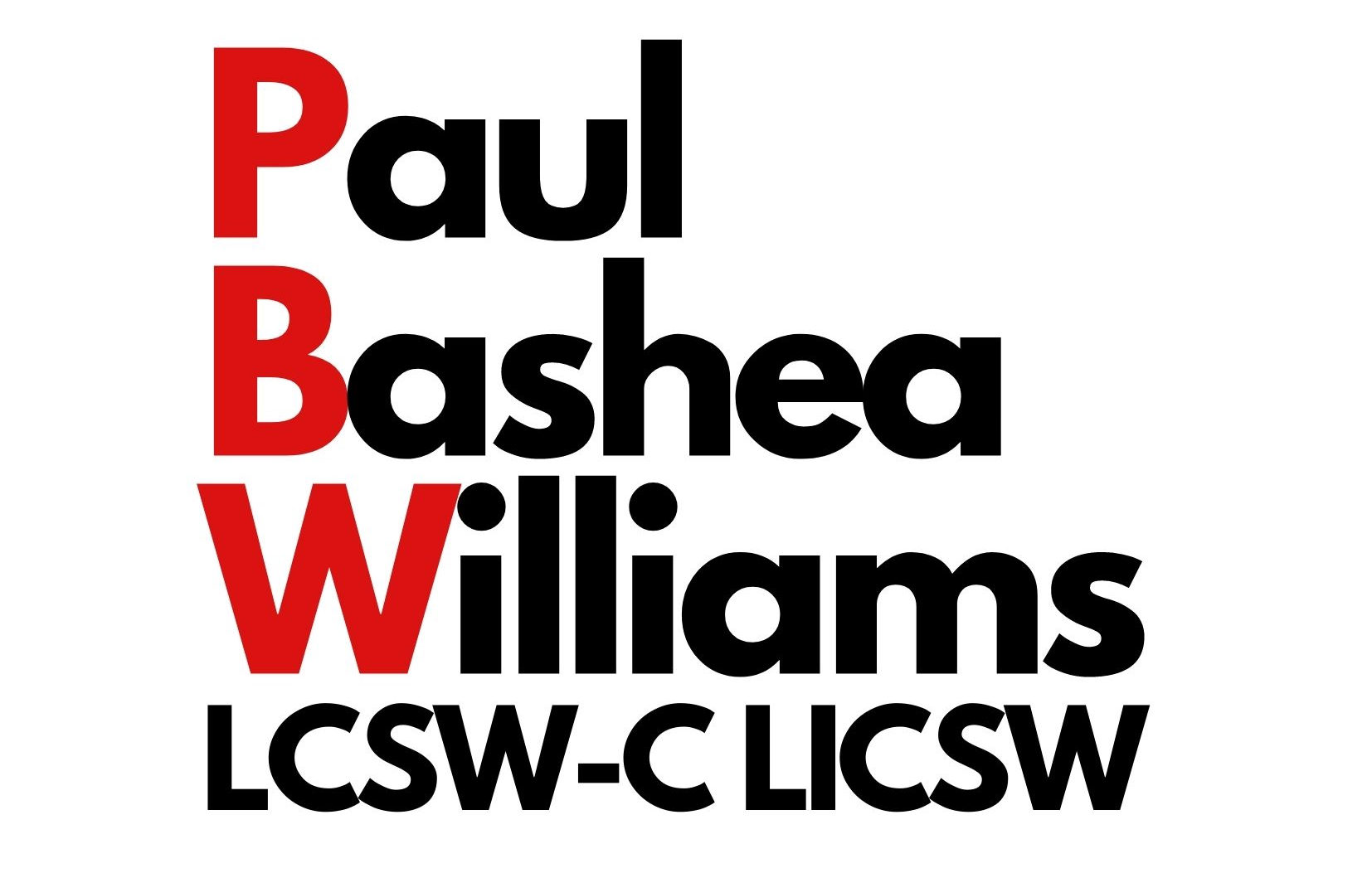by
DaVett Jones
What might you want to do in your 20’s?
First and foremost, you should start saving for retirement – preferably using tax-advantaged retirement accounts that let you direct money into equities. Through equity investing, your money may grow and compound profoundly with time – and you have time on your side.
As a hypothetical example, suppose you are 25 and direct $5,000 annually for 10 years into a retirement account earning a consistent 7%. You stop contributing to the account at age 35 – in fact, you never contribute a dollar to it again. Under such conditions, that $50,000 you have directed into that account over ten years grows to $562,683 by the time you are age 65 with no further action from you. If you contribute $5,000 annually to the account for 40 years starting at 25, you end up with $1,068,048 at 65.(1)
What moves make sense in your 30’s?
You may have married and started a family at this point, so your spending has probably increased quite a bit from when you were single. As you save and invest in pursuit of long-range financial objectives, remember also to play a little defense.
What considerations emerge between 40 and 50?
This is where you may be “sandwiched” between taking care of your kids and your elderly parents or relatives. Your spending may reach a new peak; hopefully, your salary is rising as well.
Try to maintain your retirement planning effort in the face of these financial stresses – your pace and level of retirement account contributions. You may have teens or pre-teens at home, and if you have not yet considered creating a college fund that can grow and compound over time, now is the right time. You should not dip into your retirement fund to pay for their college educations, no matter how onerous college loans may seem.
Between 50 and 60, you are in the “red zone” before retirement.
If you can, accelerate your retirement saving through greater contribution levels and/or the catch-up contributions allowed for many retirement accounts after age 50. You may want to tolerate less risk in your portfolio as retirement nears; you may not.
Some investment professionals contend that in this era of low interest rates and low inflation, it makes much more sense to tilt a portfolio toward equities than toward fixed-income investments – provided you can put up with the inevitable volatility. Other investment professionals feel that is simply too risky a decision, even with some boomers needing much larger retirement nest eggs.
If possible, think about (and plan for) an approximate retirement date. Aim to reduce your debt as much as possible by that time or earlier. Retiring with multiple major debts can be stressful to say the least. Lastly, check in with a financial professional to gauge how close you are to realizing your long-term financial objectives.



